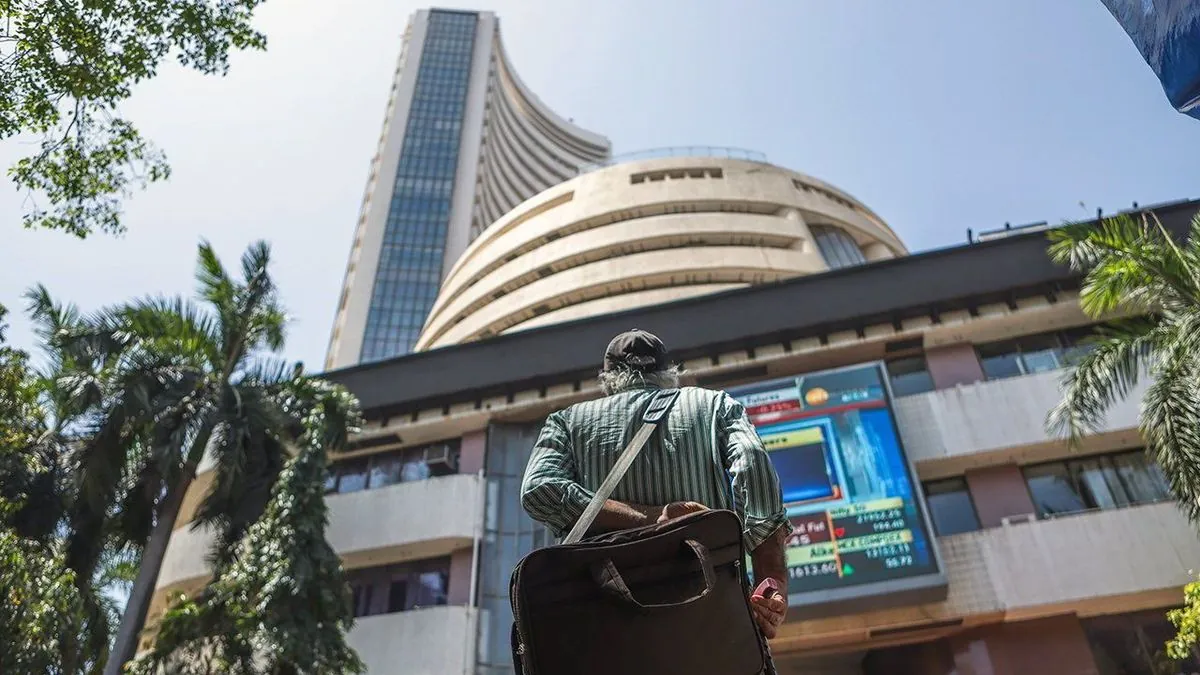In a rare opportunity for foreign financial institutions, controlling stakes in two Indian banks, Yes Bank and IDBI Bank, have attracted interest from international peers. This development comes as existing investors seek to divest their holdings, approximately four years after their involvement in stabilizing these banks.
The Indian banking sector, traditionally dominated by state-owned institutions, has seen limited foreign participation. The last significant transaction involving an international entity occurred in 2020 when Singapore-based DBS Group acquired Lakshmi Vilas Bank in a regulatory-driven deal.
Yes Bank, in which shareholders aim to sell a 51% stake, has garnered attention from Sumitomo Mitsui Banking Corp (SMBC) of Japan and Emirates NBD. Meanwhile, IDBI Bank, with the Indian government and Life Insurance Corporation offering a combined 60.72% stake, has piqued the interest of Emirates, Canada's Fairfax Group, and local competitor Kotak Mahindra Bank.
The appeal of the Indian market is evident, with the economy projected to grow at 7.2% in 2024, positioning it among the world's fastest-expanding major economies. Bank credit demand is outpacing economic growth, and the sector's gross bad loans have reached multi-year lows of 2.8% of total assets.
However, potential buyers face significant challenges. India's banking sector is subject to stringent regulations, including restrictions on foreign ownership. Regulations mandate that the largest shareholder, termed as 'promoter', must reduce their stake to 26% over a 15-year period. These factors have contributed to the declining presence of foreign lenders in India, with their share of banking sector credit falling from 8.4% in March 2000 to 3.4% in March 2024.
Valuation concerns also loom large. Yes Bank currently boasts a market value of approximately $10 billion, trading at 1.58 times the 12-month forward price-to-book value, slightly above the sector median of 1.45 times. IDBI Bank trades at an even higher multiple of 1.97 times the 12-month trailing price-to-book value.
"The real problem, however, is that the Indian banking system is fiercely competitive. A foreign player would need a significant amount of branch network, distribution and franchise to be able to sustain in the banking system."
Despite these hurdles, the potential for growth in India's banking sector remains attractive to foreign investors. The outcome of these negotiations will likely shape the future landscape of India's banking industry and its openness to international participation.
